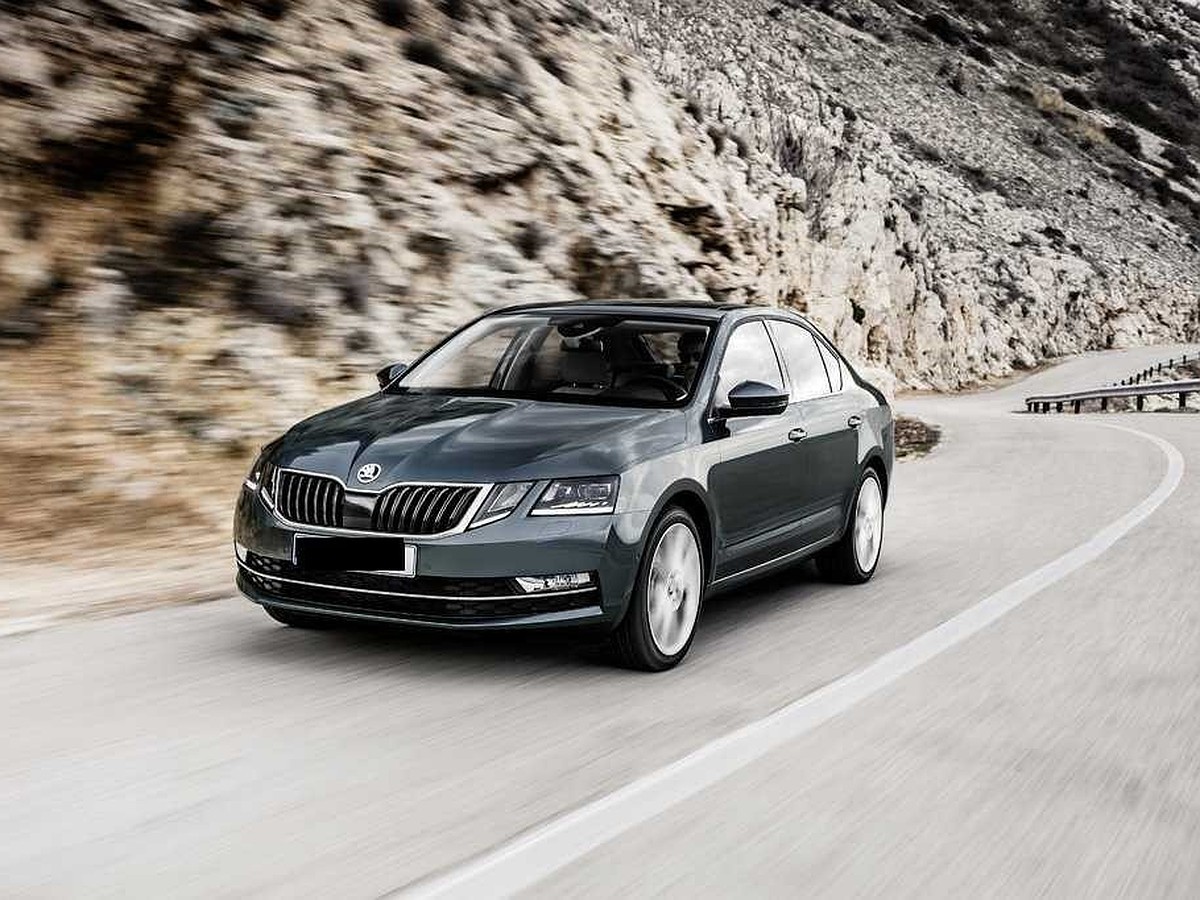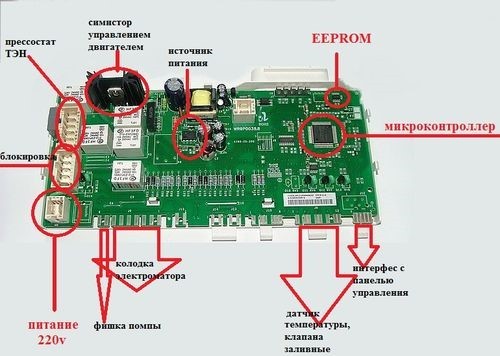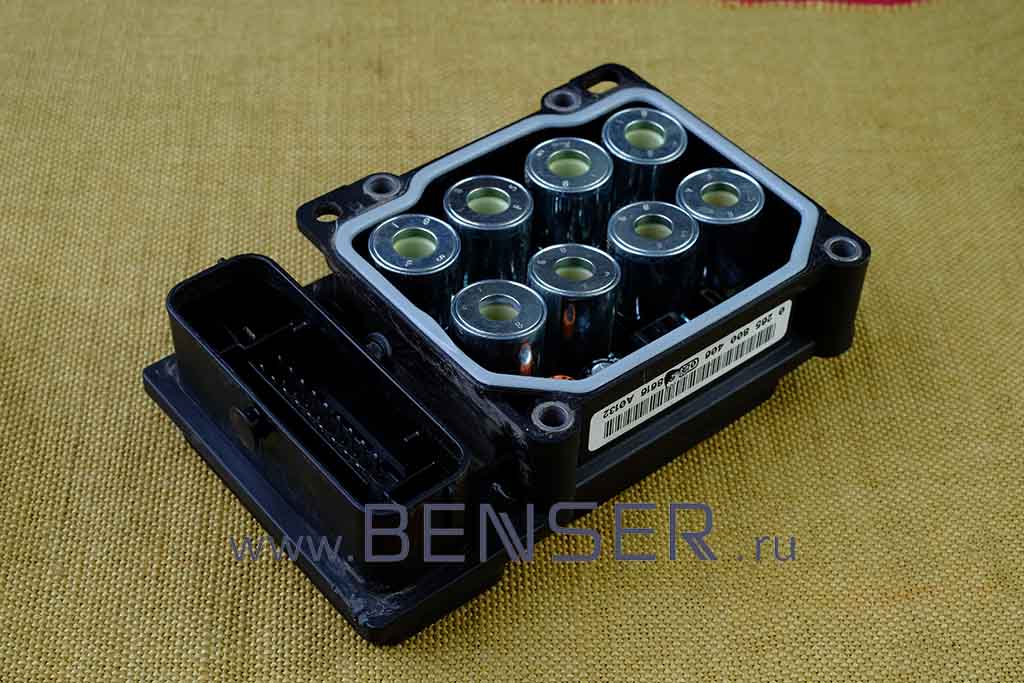
How to choose an economical car
Content
Almost all vehicles on the roads run on fossil fuels such as diesel, gasoline and propane. The process of finding, drilling, obtaining, refining and transporting these fuels for our vehicles is costly, and these fuels, in turn, are expensive.
Fuel-efficient vehicles help consume less fossil fuels, thereby lowering the cost of operating vehicles, as well as emitting fewer combustion by-products into the air.
Choosing the fuel-efficient vehicle that suits your needs can be tricky, but by following a few simple steps, you can make the process easier.
Method 1 of 3: Determine Your Vehicle Requirements
If fuel efficiency is a concern for you, determining the minimum vehicle requirements will help you find the best option for your needs.
Step 1: Determine the type of car you want. Determine what you are going to use the car for.
If you will be using the car exclusively for your daily commute, a compact car should be sufficient.
If you need to transport family and friends and need more comfortable passenger space, a small SUV, mid-size or full-size passenger car is the way to go.
Whether you're planning to tow a trailer, haul a boat, or haul cargo, you'll need a truck or SUV of the right size.
Regardless of your desire for fuel economy, your car must be able to perform the tasks you need.
Step 2: Check vehicle requirements. If you enjoy camping, boating, or other activities that may mean you're in remote areas, you'll want to opt for a vehicle with readily available fuel, namely petrol.
Since only a few gas stations fill with diesel, you may not be able to find a gas station to fill up with diesel if you are driving through remote areas.
An electric car or hybrid with a low charge may not be the best choice if you need a vehicle for long trips, as it will need to be recharged frequently.
If you are tall or taller than average, a compact car may not be the right fit for you. While this may be less efficient in terms of fuel consumption, a slightly larger vehicle may be a better choice.
Step 3: Choose a smaller motor.. Most cars have more than one engine option to choose from. Choose a smaller engine to save on fuel for trucks and larger vehicles.
As a rule, the smaller the displacement, the less fuel is consumed by the engine under normal driving conditions.
Method 2 of 3: Consider your car budget
Fuel economy doesn't necessarily mean a car will save you money. Determine your car budget before looking for the most economical option for you.
Step 1. Consider the initial purchase cost. Gas-powered vehicles are usually cheaper than others.
Since other powertrains such as diesel, electric and hybrid include more expensive technology, they have a higher initial purchase price.
Step 2: Consider diesel and hybrid vehicles.. Diesel and hybrid vehicles offer greater fuel efficiency at a modest price increase.
Diesel-powered vehicles often perform better and use less fuel, making them a good choice for those with a slightly higher initial purchase budget and don't need to fill up or recharge their vehicle regularly.
Hybrid cars are more fuel efficient, especially when driving around town, but you need to be diligent and recharge your battery regularly to maintain fuel efficiency.
Step 3: Consider an electric car. Consider an electric car if you can invest more initially and if you prefer not to use fossil fuels.
Electric vehicles don't have much range and are best used for city driving or short commutes.
Method 3 of 3: Find online fuel saving tips.
The US Department of Energy operates a fuel economy website to help you find the fuel efficient vehicle that suits your needs.
Step 1. Visit the fuel economy website.. Type "www.fueleconomy.gov" into a web browser to access the website and start searching.
Step 2. Open the "Find car" menu.. From the options menu, select Find a car. A drop-down menu with several options is displayed.
Step 3: Start your search for economical cars. To choose Find a car - Home start looking for economical cars. The Find & Compare Vehicles page is displayed.
Step 4. Enter additional search data.. Find the "Search by class" section on the left side of the page.
Enter or select the year of manufacture, the desired vehicle class and the required minimum total mileage. Click Go to view results.
Step 5. Review the search results. Fuel efficient vehicles in your selected class are displayed in descending order of combined fuel consumption. Select the vehicles you are interested in from the list.
Keep up with your research by test driving the fuel-efficient vehicles you are interested in. Buy the economy car that best suits you and your needs.
Fuel efficient vehicles and hybrid vehicles are the future of the automotive industry. A low fuel consumption car has many advantages over its gas-guzzling counterparts, making it an increasingly attractive option.
When you buy an economy car, be aware that there are other costs you may incur, such as the cost of electricity or diesel, and the increased cost of maintaining alternative fuel vehicles. If you are buying a used economy car, hire a certified mechanic, such as one from AvtoTachki, to perform a pre-purchase inspection and safety check before you complete your purchase.

